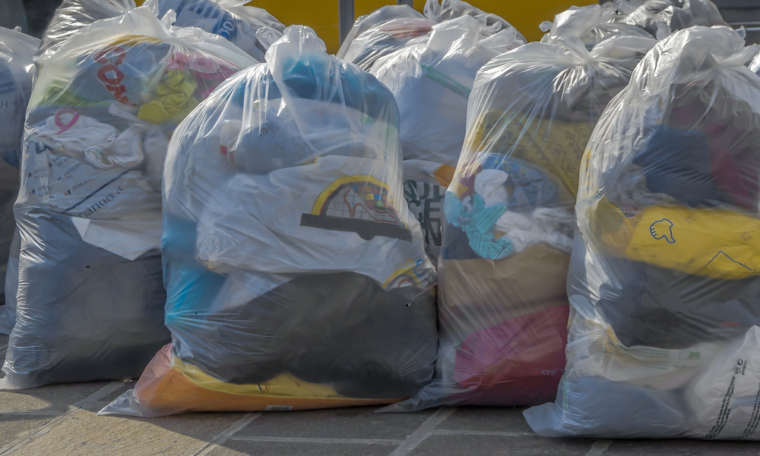
“No-one should feel duped into thinking they are donating directly to a charity if that’s not the case”
We (CAP) have issued new guidance instructing private companies and individuals behind house-to-house charitable collection bags to ensure they are upfront and clear with consumers about the nature of the service they provide. That means making clear they are commercial enterprises and that any donations consumers make will not go directly to a charity, rather a proportion of the profits from the sale of donated goods will instead.
We issued the guidance following a review of potentially misleading advertising practices by private door-to-door collection companies. The guidance also comes in response to an ASA ruling last year which found a company’s charity collection bag did not make sufficiently clear the commercial nature of its business.
Problems with charitable collection bags issued by commercial companies have included:
• Giving recipients the misleading impression they are donating directly to a charity when they’re not
• Not providing their company name or commercial status on the front of collection bags
• Giving undue prominence to a charity’s name and registration number on the collection bags
• Not giving their company name equal prominence, where it appears, as the charity’s name
The new guidance provides examples of the type of wording and presentation on collection bags that is in line with the rules and that will help advertisers to communicate fairly with consumers and avoid an ASA investigation. Those businesses who are unable or unwilling to follow the guidance have been warned that they face being referred to Trading Standards for potential statutory sanctions.
The work we have undertaken is targeted at legitimate collection businesses. We are aware of concerns about charity bags left on people’s doorsteps by fly-by-night or bogus operators who masquerade as charities but who are, in fact, engaged in criminal activity. These operators are best tackled by law enforcement bodies and any consumers with concerns about the legitimacy of a collection service should check with their local council or donate directly to an official charity.
We have worked closely with local licensing departments (via the Local Government Association) who grant licences to charity collection companies and who are issuing the guidance to businesses in their areas. Companies have been given until 2 June 2017 to bring their collection bags in line with the new guidance.
Commenting on CAP’s work in this area and the new guidance, Director of the Committees, Shahriar Coupal said:
“No-one should feel duped into thinking they are donating directly to a charity if that’s not the case. Appeals to consumers’ generosity can benefit a range of good causes but it’s only fair that these companies are truthful and transparent about the commercial nature of the service they provide. Our guidance sets out clearly how commercial collection companies can stick to the rules which will help build consumer trust and, ultimately, benefit charities.”
-
Keep up to date
Sign up to our rulings, newsletters and emargoed access for Press. Subscribe now.


